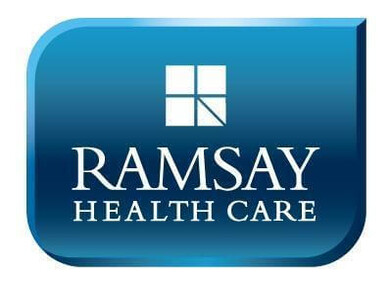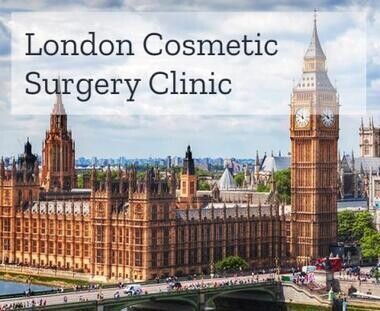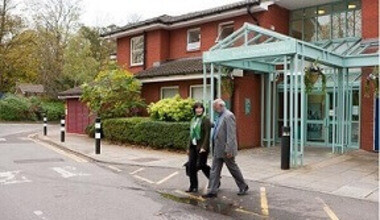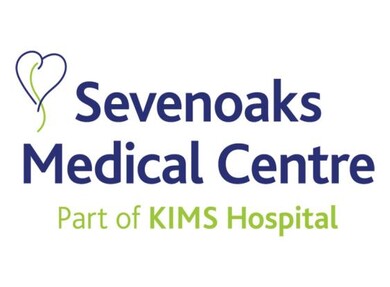|
Eyelid surgery (blepharoplasty) is cosmetic surgery to remove excess skin or fat from the eyelids.
The aim is to improve hooded or drooping eyelids or eye bags.
How much does it cost? In the UK, blepharoplasty may cost anywhere between £2,000 and £6,000. You should also factor in the cost of any consultations, further surgery or follow-up care that may be needed. Where do I go? If you're looking in England, check the Care Quality Commission (CQC) website for treatment centres that can perform eyelid surgery.
All independent clinics and hospitals that provide cosmetic surgery in England must be registered with the CQC. The CQC publishes inspection reports and performance ratings to help people choose care. Also, research the surgeon or ophthalmologist who is going to do the surgery. All doctors must, as a minimum, be registered with the General Medical Council (GMC). Check the register to see the doctor's fitness to practise history. You may also want to find out: how many operations they've performed where there have been complications what sort of follow-up you should expect if things go wrong Read more about choosing who will do your cosmetic procedure. What does it involve? A blepharoplasty can be done under local anaesthetic with sedation or under general anaesthetic.
Surgery on the upper eyelids generally involves:
Surgery on the lower eyelids generally involves: Making an incision either just below the lower eyelashes or on the inside of the lower eyelid
repositioning or removing fat from the bags under the eyes, and sometimes also a small amount of skin
supporting the muscles and tendon of the eyelid if necessary
closing the incision An upper blepharoplasty may take about 1 hour. Surgery on the lower lid may take up to 2 hours. Most patients can go home the same day. Recovery It's advisable to take about 1 week off work to recover from eyelid surgery. It may be obvious for a little longer than a week that you've just had eyelid surgery. You will not be able to drive for a number of days after the operation. Bruises, scaring and redness may take several weeks to fade. You will probably need to: prop your head up with pillows for a couple of days, when resting, to reduce swelling gently clean your eyelids using prescribed ointment or eyedrops hold a cold pack to your eye for a few days – try a packet of frozen peas wrapped in a tea towel wear sunglasses to protect your eyes from the sun and wind take paracetamol or another prescribed painkiller to relieve any mild pain You should avoid:
Side effects to expect It's common after eyelid surgery to temporarily have:
What could go wrong Eyelid surgery can occasionally result in: temporary blurred or double vision your eyes looking slightly uneven (asymmetrical) a pool of blood collecting under the skin (haematoma) – this usually disappears on its own after a few weeks noticeable scarring Rarely, it can result in more serious problems, including:
Also, any type of operation carries a small risk of:
The surgeon should explain how likely these risks and complications are, and how they would be treated if they happen. Occasionally, patients find the desired effect was not achieved and feel they need another operation. What to do if you have problems Cosmetic surgery can sometimes go wrong, and the results may not be what you expected. You should contact the clinic where the operation was done as soon as possible if you have severe pain or any unexpected symptoms. If you're not happy with the results, or you think the procedure was not done properly, you should take up the matter with the surgeon who treated you. If you have concerns about your care, you should contact the CQC. If necessary, you can make a complaint about a doctor to the General Medical Council (GMC). For more information, read the Royal College of Surgeons advice on "What if things go wrong?" More information British Oculoplastic Surgery Society (BOPSS): treatment of common eyelid conditions Royal College of Surgeons: cosmetic surgery information hub  BestCareCompare | ||||||
| Find Cosmetic Care near you.. Find local Cosmetic Care and filter for personalised care. Check CQC ratings and review scores to help make the best choice for you... |
| Find Great Cosmetic Care... |
|
|
Eyelid Surgery (Blepharoplasty) near Saxmundham Suffolk (See Full List) | ||||||||||||||||||||||||||
| ||||||||||||||||||||||||||






